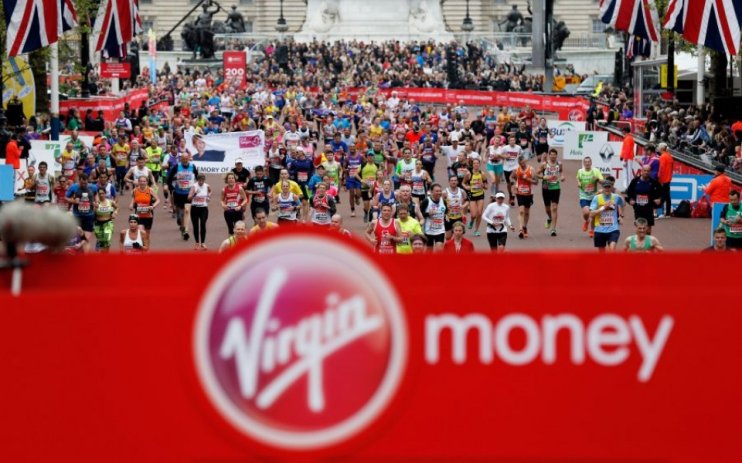Steady as she goes: Virgin Money launches further buyback after solid third quarter

Virgin Money’s margin remained stable, despite increasing competition in the market, as Richard Branson’s bank said it anticipates a £175m share buyback at its end of year results.
The challenger bank launched a £50m buyback today, after it passed the Bank of England’s stress test, and expects to deliver a £125m buyback with its full year results later this year.
“Given our strong capital position, we anticipate a total of c.£175m of buybacks for FY23 with more to follow as we normalise our surplus capital position by the end of next year,” chief executive David Duffy said.
Its shares were trading over three per cent higher on Wednesday morning.
The payouts come as Virgin Money reported that its net interest margin (NIM) – a measure of the difference between what it pays out and receives in interest payments – increased to 1.93 per cent, compared to 1.91 per cent over the first half. It expects its NIM to remain stable for the rest of the year.
This is in contrast to many of its larger rivals, who said they expect margins to compress due to increasing competition and a tightening mortgage market.
In the third quarter the challenger bank saw customer deposits rise 0.4 per cent to £63.7bn with growth in term deposits.
Customer lending increases 0.2 per cent, thanks to an increase in business lending and unsecured lending, with the bank pointing to “resilient demand” from its credit card customers. This helped offset a fall in mortgage lending.
“The group expects housing activity to remain muted in the near term, given the implications of higher rates,” it said.
Benjamin Toms at Royal Bank of Canada were said he was not convinced by Virgin Money. “We struggle to understand what makes VMUK an attractive investment other than the fact that the bank is cheap,” he said
“VMUK is in the middle of the pack when it comes to interest rate sensitivity and excess capital and we are not quite sure if this bank is branch or digital led. It feels like a lot of investment is still required to compete with large UK peers,” Toms concluded.
As interest rates have been sent to a post-financial crisis high of five per cent, many banks have been on the look out for a signs of stress in their loan book. Virgin Money said “we recognise the impact that persistent inflation and higher rates are having on some of our customers, including higher living costs”.
However, despite the difficult economic environment, Virgin Money said “credit quality remains broadly stable” although it noted that credit card arrears were continuing to rise gradually. As a result the challenger bank set aside £547m in provisions for bad loans, up from £526m last quarter.
Duffy said: “Our overall credit quality remains stable and we are fully committed to doing the right thing by our customers, through competitive rates, innovative products and proactive communication”.